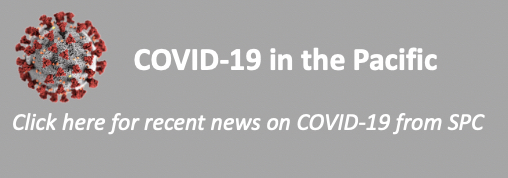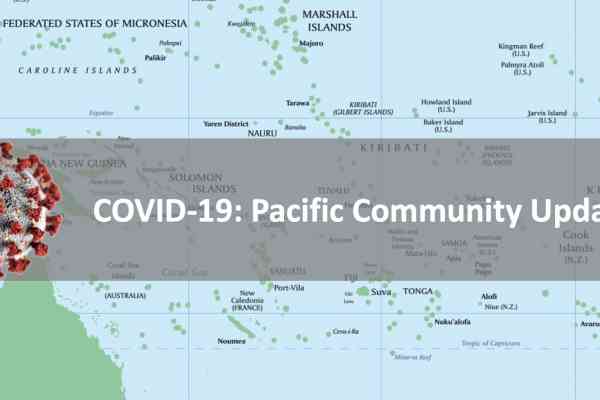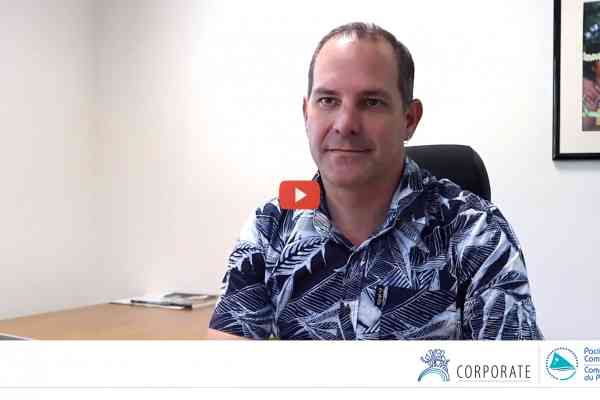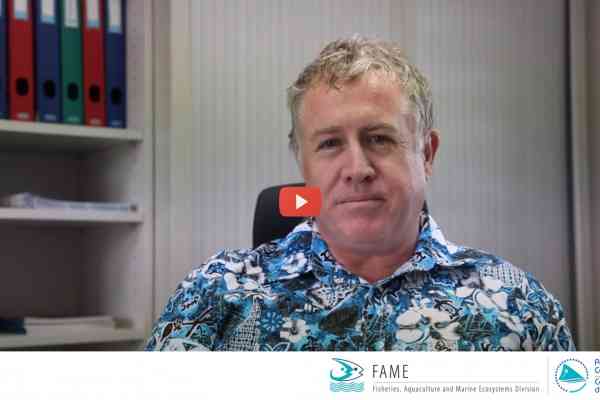 What have been the challenges for the HR function at SPC with the Covid-19 crisis?
What have been the challenges for the HR function at SPC with the Covid-19 crisis?
As an organisation that operates across a number of pacific island countries and territories employing both local and expat staff there were a number of challenges that we actually faced in respect of our staff. Specifically, we needed to get a handle on where our staff were and where they needed to be and as the air travel restrictions kicked in we were required to act very quickly to make sure staff were able to complete their travel arrangements. This was very successful and we only have a small number of staff ‘out of place’ and we are monitoring them closely from a wellbeing point of view and liaising with the relevant embassies to ensure they are part of any repatriation flights under way.
Another challenge was created once lock down arrangements came into force and we moved everyone – 650 people - to working from home arrangements. That was a massive adjustment for the organization, which has not traditionally embraced this approach. Plus there were a number of connectivity and systems availability issues that needed addressing to ensure we were up and running quickly.
The other challenge that we had – and that we’re currently addressing - is about people who are in the middle of our recruitment, on boarding and off boarding process. We have had to find solutions to manage these situations, especially for international staff moving between, countries, which is not currently possible with the travel restrictions.
What steps have you taken to ensure staff is safe?
The safety of our staff is paramount to us. I’ve been heartened by our executive and senior leadership teams’ approach to this. They have been very mindful of the change for staff brought by working from home arrangements. We’ve set up a warden systems where people can check on staff within their area, make sure that they’re OK and that they have everything they need and to regularly check on their wellbeing, which is very important for us as well. We’ve also been working with our staff representative committees to make sure that we’re getting their feedback on staff concerns and any specific issues. Our managers have done a great job is setting up both formal and informal ‘check ins’ with their teams to ensure everyone is OK. The Public Health Division with SPC provides regular tips around hygiene and staying safe.
How are you dealing with the issue of staff being in multiple locations?
Firstly, it is very important that staff follow the local government’s guidelines that have been set up. We totally abide by the nationally set-up rules. As these guideline are specific to each country and change on a regular basis we are aware that we can’t apply the same rules and guidelines to all of our staff, irrespective of the locations in which they work. So we very much operate on a case-by-case basis to deal with the issues that actually arise. Importantly, our Public Health Division have done a great job in regularly updating staff on the crisis and the specific country restrictions in place.
How did you manage to keep the workflow going?
I’ve been very impressed with what our Information, Communication and Technology (ICT) division has done, in making sure that people have the connectivity and hardware they need to work. Like a lot of organizations, we’ve become experts at virtual meetings. This has been a learning curve, but I have been glad to see how staff has taken this up and embraced these new ways of working.
Staff have embraced the fact that we still have work programmes to deliver for our member countries and that everyone’s day job has to continue. So our teams are getting on with it, just in a different way and despite a level of uncertainty of what happens next. I have been impressed with this approach and the resilience being shown.
What are the key lessons that you have learnt from the crisis?
More than a key lesson, it has confirmed to me that communication with our staff is key and that key messages are getting through to staff. Our leadership team has been very good in making sure that staff is fully informed on what the situation is, what is actually going on. One other thing that the crisis taught us is the importance of collective decision-making, as well as agility, in order to make decisions quickly in these kind of situations. Personally, I have learnt a great deal of resilience throughout the crisis and have been heartened by my work colleagues ability to deal with the number of issues they have been presented with as part of this crisis.



